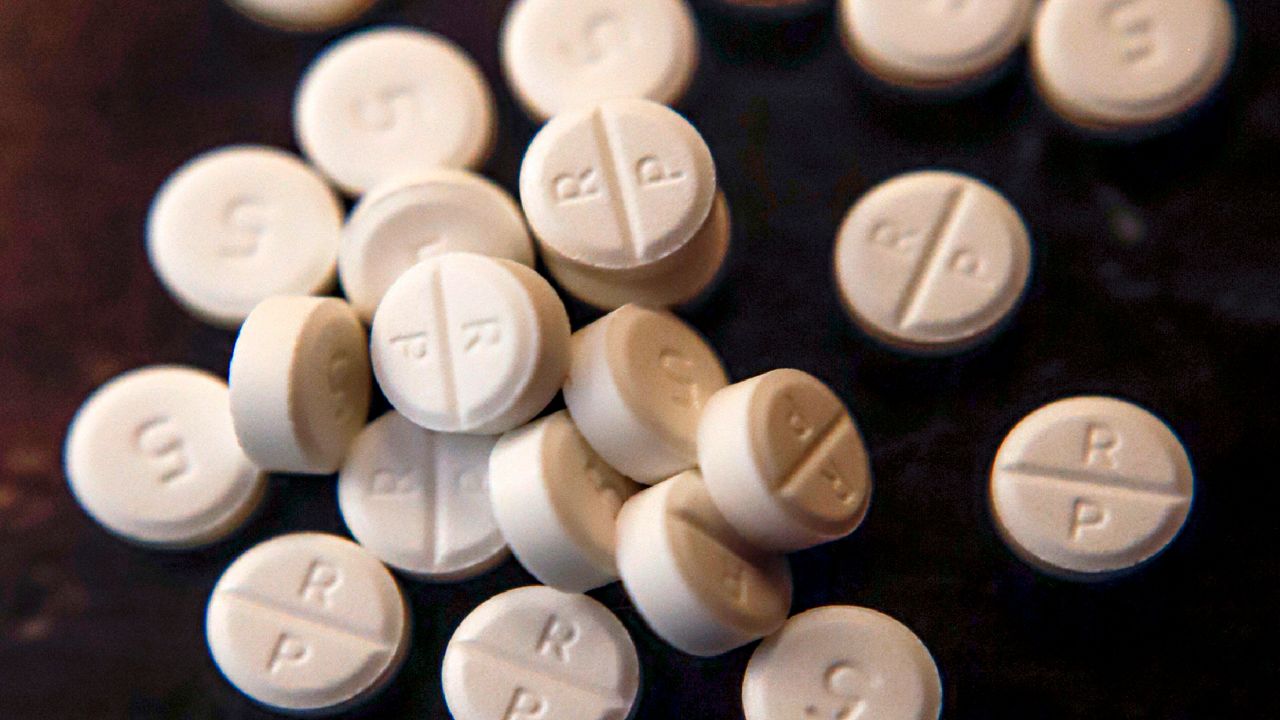MADISON, Wis. (AP) — Opioid overdoses in Wisconsin have increased since the COVID-19 pandemic began, according to a report the state Department of Health Services released Tuesday.
The analysis shows the rate of overdose incidents rose from about seven per 100,000 people in January 2019 to about 13 per 100,000 people this past March. Overdoses spiked in May 2020 to about 15 per 100,000 people.
Stress from the pandemic, a statewide stay-at-home order, increased access to drugs and social isolation may have led to more dangerous drug behaviors, the report said. The data shows overdoses rose sharply during the pandemic’s onset, then decreased and now appear to be rising again.
DHS officials said they plan to use $10.4 million that Wisconsin won as part of a multistate settlement to launch prevention programs for Black and American Indian communities, create health teams that will travel to areas of the state experiencing opioid spikes, reimburse counties for the costs of treating addicts, and cover housing for people in recovery.
The settlement, reached in February, resolved allegations consulting firm McKinsey & Company contributed to the opioid crisis by advising opioid manufacturer Purdue Pharma on how to maximize profits by urging physicians to prescribe more OxyContin to patients.
